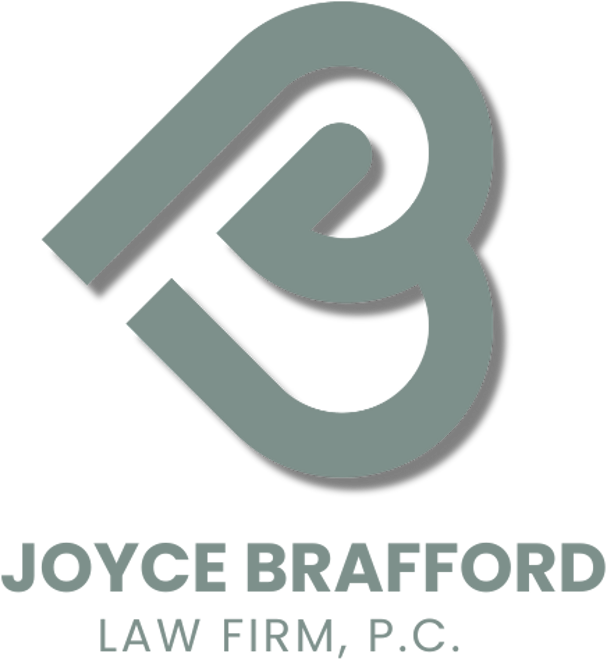Fill out our quick 1-minute form or call (919) 374-8501 to discover how we can assist you!
A Neighbor Who Understands
As a parent, I understand the worries of protecting your children and the stress families face when a loved one passes without a plan. That’s why I keep the process simple, clear, and focused on what matters most: peace of mind.
Affordable Options
Quality legal help should be accessible to all. We provide simple, affordable estate plans so every family can secure their future without financial stress.
Responsive & Friendly
Estate planning can feel overwhelming, but you won’t be alone. We’re here to answer your questions, explain your options clearly, and guide you through every step.
Experienced Guidance
Licensed since 2012, I’ve focused on making estate planning easier for busy families. With a blend of personal experience and legal expertise, I help you create a plan tailored to your unique needs.
Why Work With Us?
Choosing an estate planning attorney is about more than filling out forms — it’s about finding someone who understands your family, your concerns, and your goals for the future.
Here’s why families in Clayton and Johnston County trust us with their planning:
Simple Wills
A simple will is a great way to start planning for your family’s future. This document can give your family peace of mind when they need it most.
Estate Documents
In addition to a will, you may consider other basic documents like Powers of Attorney, Healthcare Directives, or Revocable Living Trusts.
Flexible Meetings
Don’t let your busy schedule stop you from protecting your family. Let me know when you need to meet, even if it’s after normal business hours.
Frequently Asked Questions
What Happens If I Die Without a Will?
If you pass away without a will, your estate is distributed under your state’s intestacy laws. This means the court decides who inherits your assets, often starting with your spouse and children. If no immediate family exists, more distant relatives may inherit. Without a will, you also lose the ability to name a guardian for minor children or to direct specific assets to loved ones or charities. The probate process can be longer, more costly, and more stressful for your family. Creating a will ensures that your wishes are honored and your loved ones are protected.
Do I Need an Estate Plan If I’m Young and Healthy?
Yes. Estate planning isn’t only for the elderly or wealthy. Even if you’re young and healthy, having documents in place provides important protections. A will allows you to name guardians for children and specify how your property should be distributed. A power of attorney and healthcare directive make sure someone you trust can manage your affairs or make medical decisions if you can’t. Estate planning gives you control and peace of mind, regardless of age or wealth.
What Is the Difference Between a Will and a Trust?
A will is a legal document that outlines how you want your property distributed after death and names guardians for minor children. It only takes effect after you pass away and must go through probate. A trust, on the other hand, can manage assets during your lifetime and after death. Assets in a trust avoid probate, which can save time and costs for your beneficiaries. Trusts can also provide more control over how and when assets are distributed. Many families use a will, while others benefit from a trust depending on their goals and circumstances.
How Often Should I Update My Estate Plan?
An estate plan should be reviewed regularly and updated when major life events occur. Common triggers include marriage, divorce, the birth of a child, purchasing a home, or significant financial changes. You should also update your plan if your chosen executor, guardian, or beneficiaries change. Even without major life changes, reviewing your estate plan every 3–5 years helps ensure it reflects current laws and your wishes. Keeping your plan up to date prevents confusion and protects your family when it matters most.
What Documents Are Included in a Simple Estate Plan?
A basic estate plan typically includes:
- Last Will and Testament – Directs how your property is distributed and names guardians for minor children.
- Durable Power of Attorney – Allows a trusted person to manage your finances if you cannot.
- Healthcare Power of Attorney / Advance Directive – Specifies who can make medical decisions for you and outlines your wishes for care.
- HIPAA Release – Permits your chosen agents to access medical records if needed.
Together, these documents create a clear plan to protect your family, your assets, and your healthcare decisions.
